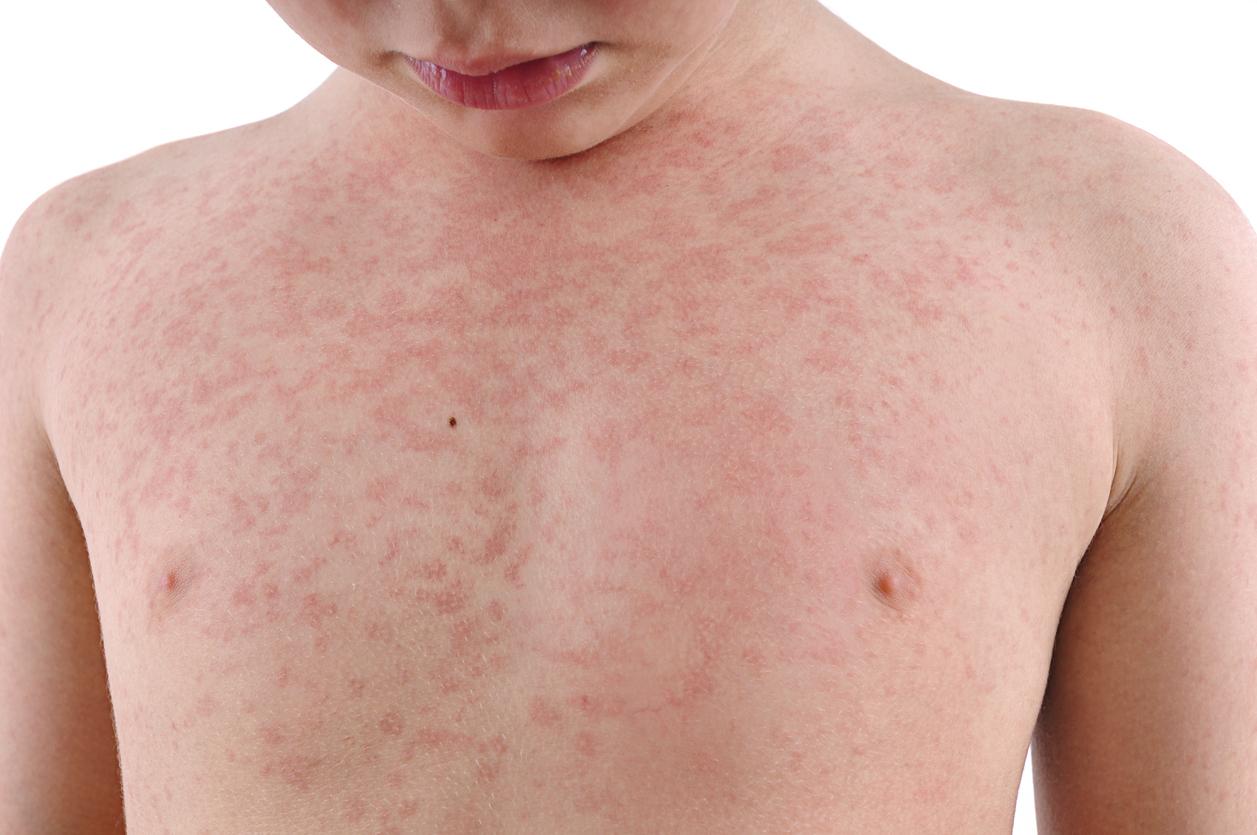Saudi Arabia has reported four more MERS-CoV cases, all in people whose symptoms began in the latter months of 2023, the World Health Organization (WHO) said in a February 16 update.

The cases, two of which were fatal, were confirmed between October 10 and November 16. The patients are from three different regions: Riyadh, Eastern, and Qassim. Two were men, and two were women. All had underlying health conditions, and none were health workers.
Exposure unclear for two patients
One patient was a camel owner, while another had a history of indirect contact with camels. Exposure to the virus hasn't been determined for the other two patients, and none of the patients had consumed raw camel milk before their symptoms began. The WHO said there are no epidemiologic links between any of the patients, and no secondary cases were found.
The WHO said MERS-CoV cases have declined substantially since the start of the COVID-19 pandemic. It said reasons could include public health actions prioritizing COVID-19 case detections or COVID-19 mitigation actions such as masking and physical distancing, which could reduce human-to-human transmission.
Cross-protection from COVID infection or vaccination?
The group also said it's possible that cross-protection from COVID-19 infection or vaccination may be playing a role. However, the WHO added that the hypothesis requires further investigation.
The newly reported cases lift Saudi Arabia's number of Middle East respiratory syndrome coronavirus (MERS-CoV) to 2,200, which includes 858 deaths. The WHO said the cases don't change its risk assessment, which remains at moderate globally and regionally. It said more cases are expected from Saudi Arabia and other countries where the virus circulates in dromedary camels.













